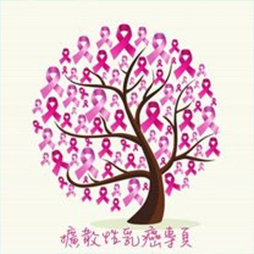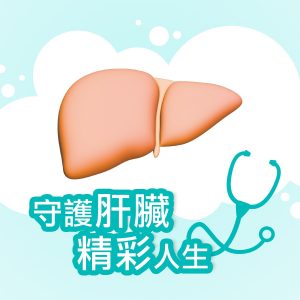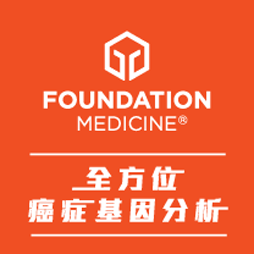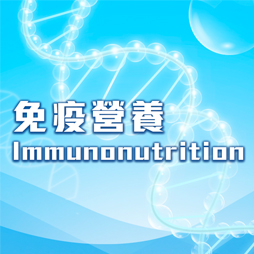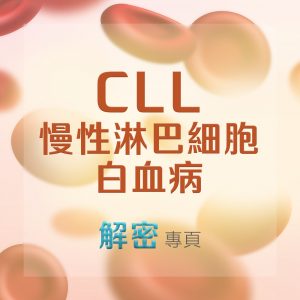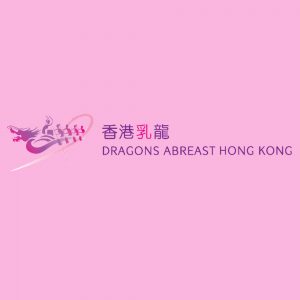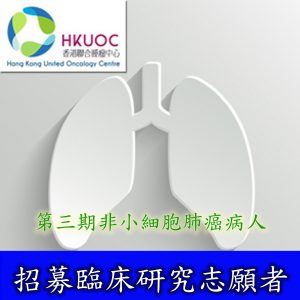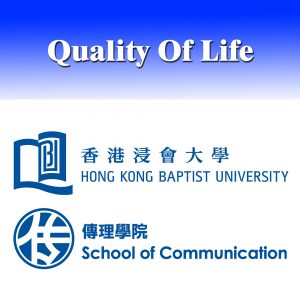NSCLC: Archer 1050臨床試驗結果
翻譯 : Helen Law / 癌症資訊網
香港中文大學醫學院腫瘤學系系主任莫樹錦教授討論dacomitinib 與 getifinib作為晚期非小細胞
肺癌一線治療的研究結果,這是最終的整體存活期分析。
「我在去年的ASCO提出了這項隨機第三期臨床研究,比較了EGFR基因突變患者所採用的第二代標靶藥dacomitinib和第一代的getifinib。在那次會議上,我向大家報告了無惡化存活期的改善,中位數為14.7個月對比9.2個月。直到今天,我很高興地告訴大家,我們將於2018年 ASCO中公布整體存活期的數據。在今次會議中,我們將發表隨訪了31個月後的整體存活期效益。我們看到整體存活期的改善:中位數為34.1個月對比28個月,風險比例是0.76,P值是0.044。 這項比較第二代TKI與第一代TKI的第III期臨床研究,發現整體存活效益有所改善,還包括了亞洲和非亞洲組別,以及在外顯子19和外顯子21突變中也觀察到實際效益。我們還特別研究了患者接受後續治療對整體存活期的影響,發現實際上兩組別之間相當平均。Getifinib 組的患者實際上比dacomitinib組接受更多的二線化療,至於需要使用第三代TKI的情況,這兩組人均約為10%。總括而言,我們能夠看到整體存活期方面的效益,但也不可輕視藥物的毒性。Dacomitinib的毒性多表現於腸胃方面,例如噁心、嘔吐和腹瀉; Getifinib則多見肝臟的毒性。有66%患者因為dacomitinib的副作用而需要下調劑量,故我們必須注意副作用的管理。這實際上是首個隨機第三期臨床研究,比較第二代TKI與第一代TKI在無惡化存活期和和整體存活期兩方面的效益。因此,我們可以考慮以dacomitinib 作為EGFR基因突變患者的第一線治療的其中一種選擇。」
2018 ASCO: Dacomitinib vs Gefitinib in Advanced NSCLC With EGFR-Activating Mutations
By The ASCO Post
Posted: 6/7/2018 10:31:45 AM
Last Updated: 6/7/2018 10:54:22 AM
Key Points
- At the OS data cutoff, median OS was 34.1 months with dacomitinib compared to 26.8 months with gefitinib.
- Patients receiving dacomitinib had a 56.2% survival rate at 30 months compared with 46.3% for patients who received gefitinib.
Overall survival (OS) data from the ARCHER 1050 trial evaluating dacomitinib as a first-line treatment for patients with locally advanced or metastatic non–small cell lung cancer (NSCLC) with EGFR-activating mutations compared to gefitinib showed a median OS of 34.1 months for patients receiving dacomitinib (95% confidence interval [CI] = 29.5–37.7), representing a more than 7-month improvement compared to 26.8 months with gefitinib (95% CI = 23.7–32.1). The OS data from ARCHER 1050 were presented by Mok et al at the 2018 ASCO Annual Meeting (Abstract 9004).
“Overall survival is an important measure to assess efficacy of investigational compounds. These data presented today are particularly significant as dacomitinib is the first EGFR tyrosine kinase inhibitor in a phase III head-to-head study comparing two tyrosine kinase inhibitors to show an improvement in overall survival,” said Tony Mok, BMSc, MD, FRCP(C), FRCP(Edin), FHKCP, FHKAM(Medicine), FASCO, Chair of the Department of Clinical Oncology, The Chinese University of Hong Kong. “I look forward to having dacomitinib as a potential first-line treatment option for non–small cell lung cancer patients with EGFR-activating mutations.”
More on ARCHER 1050
Overall survival was a secondary endpoint of ARCHER 1050, a randomized, open-label phase III study comparing the efficacy and safety of dacomitinib to gefitinib for the first-line treatment of locally advanced or metastatic NSCLC in patients with EGFR-activating mutations. At the OS data cutoff, median OS was 34.1 months with dacomitinib (95% CI = 29.5–37.7) compared to 26.8 months with gefitinib (95% CI = 23.7–32.1). Patients receiving dacomitinib had a 56.2% survival rate at 30 months compared with 46.3% for patients who received gefitinib. Subgroup analyses were consistent with the primary OS analysis across most baseline characteristics, including patients with common submutations exon 19 and 21.
The adverse events observed with dacomitinib in the study were consistent with findings from previous dacomitinib trials. The most common adverse events were diarrhea (87%), nail changes (62%), rash/dermatitis acneiform (49%), and mouth sores (44%). The most common Grade 3 adverse events with dacomitinib were rash (14%) and diarrhea (8%). Grade 4 adverse events occurred in 2% of dacomitinib-treated patients. There was one case of grade 5 diarrhea and one case of grade 5 liver disease. The discontinuation rate due to treatment-related adverse events for dacomitinib was 10% compared to 7% for gefitinib.
“What is most encouraging about these results is that patients with non–small cell lung cancer harboring EGFR-activating mutations who received dacomitinib achieved a median overall survival of nearly 3 years, a marked improvement compared to an established treatment in this setting,” said Mace Rothenberg, MD, Chief Development Officer, Oncology, Pfizer Global Product Development.
In April 2018, the U.S. Food and Drug Administration (FDA) granted priority review for dacomitinib for the first-line treatment of patients with locally advanced or metastatic NSCLC with EGFR-activating mutations. The FDA Prescription Drug User Fee Act (PDUFA) target action date is in September 2018. The European Medicines Agency also accepted the Marketing Authorization Application for dacomitinib for the same indication.






